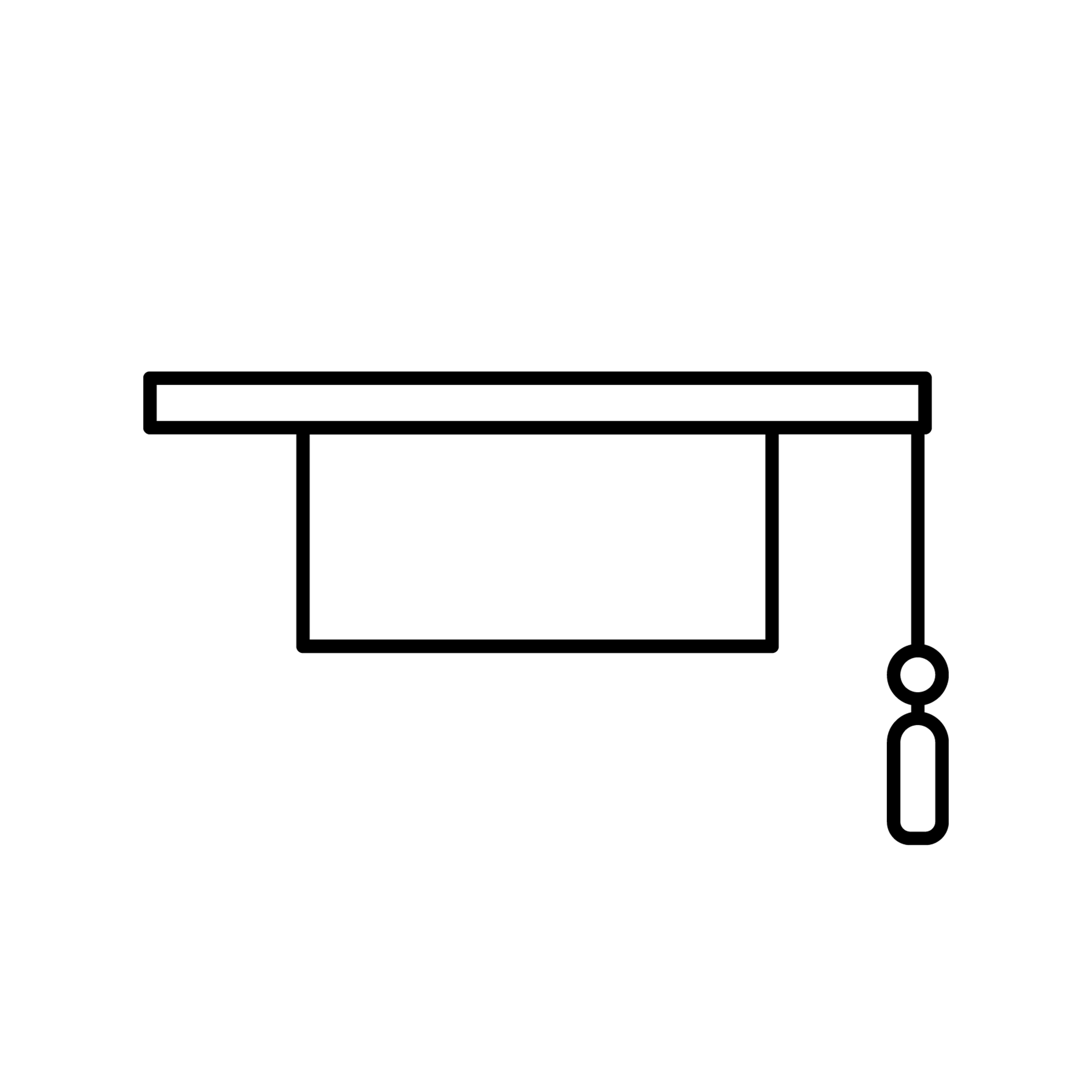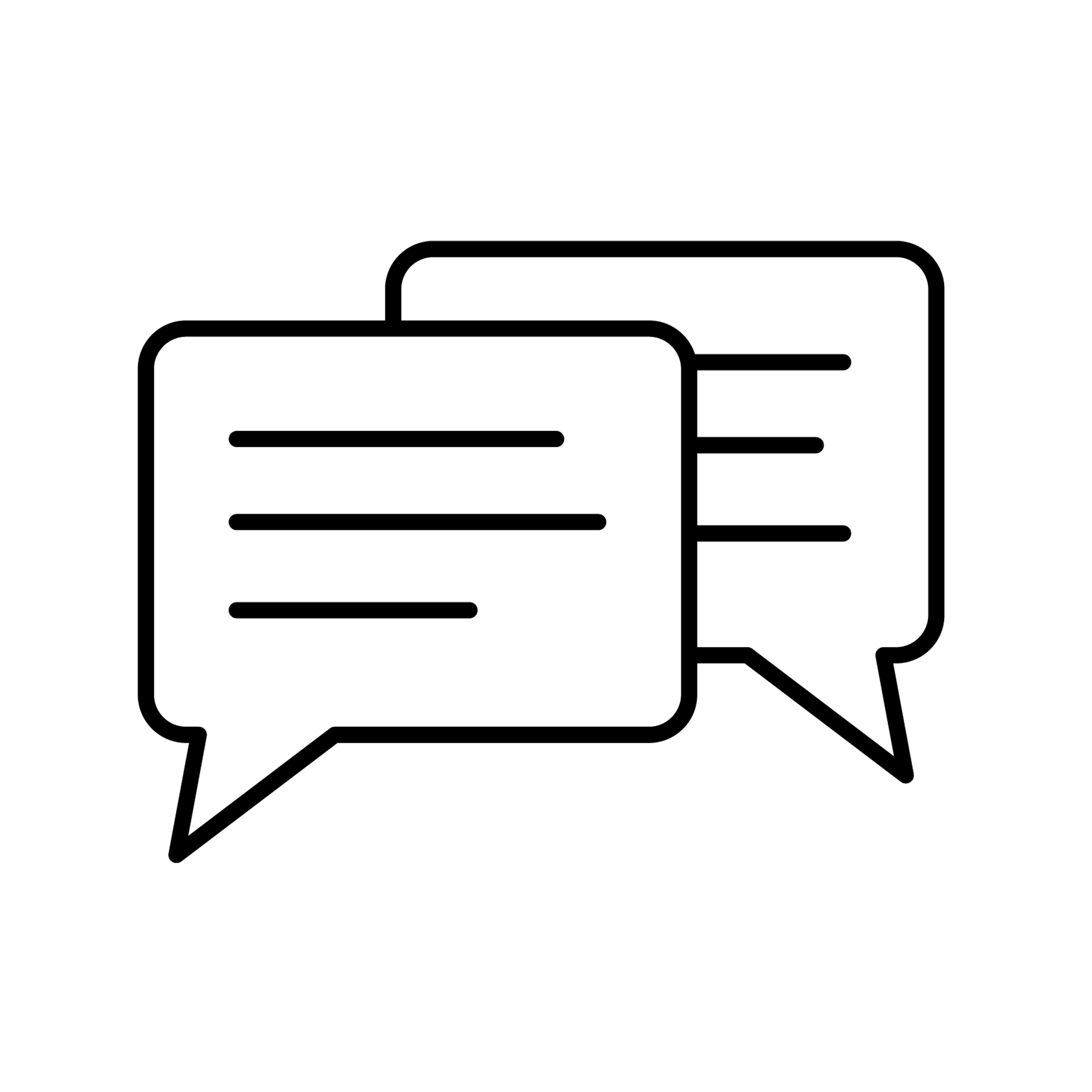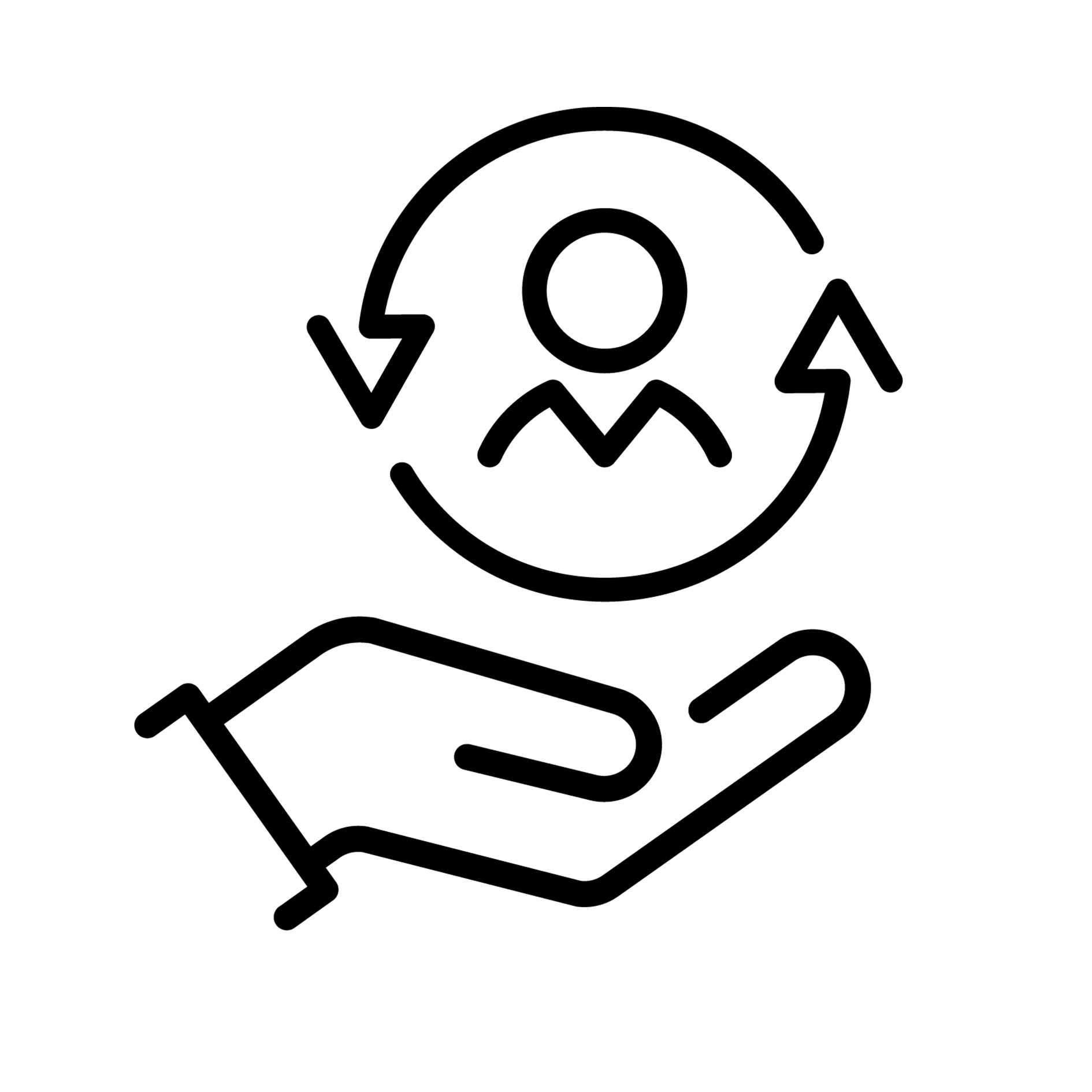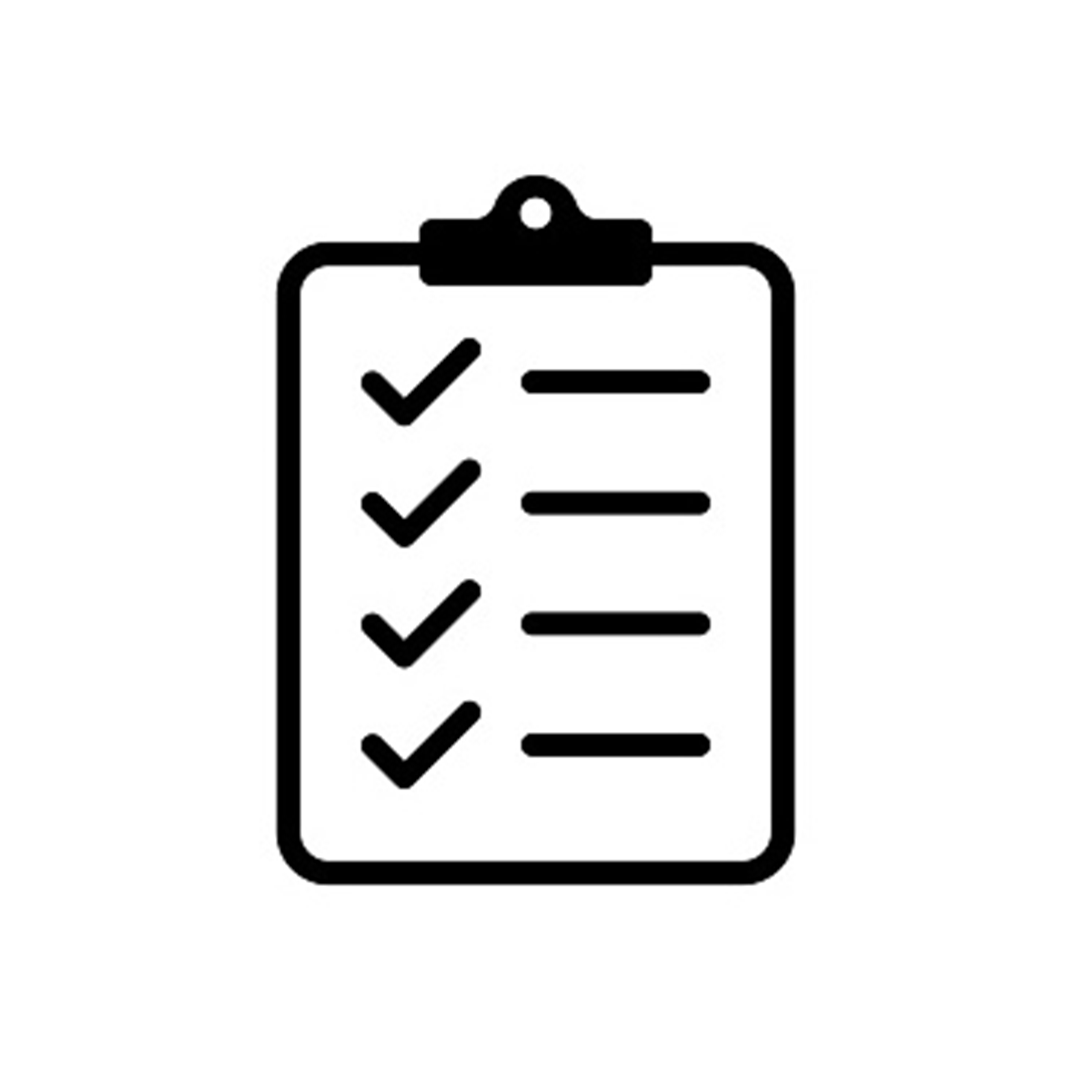
Career Center
Critical Thinking
You demonstrate this competency when you:
- Effectively identify and use resources and technology to solve problems and achieve goals.
- Value diverse perspectives, backgrounds, and experiences.
- Consider how other peoples’ knowledge, expertise and perspectives might inform your goals and decisions.
- Analyze and interpret information to evaluate the validity and identify bias in data.
- Navigate ambiguous situations.
- Understand and select appropriate research methodology for studies, projects, experiments.
- Demonstrate quantitative and qualitative literacy.
- Ability to examine the implications and consequences of a belief, action, or decision.
- Critically examine issues by breaking them down into manageable parts.
- Analyze information to identify the most likely cause of a problem.
- Identify the logical, factual outcomes based on data, information and analysis.
Related Skills
- Self-Leadership
- Problem Solving
- Analytical Thinking
- Data Analysis
- Judgmebt
- Strategic Planning
- Managing Information
- Planning and Organizing
- Situational Awareness
- Change Management
- Growth Mindset
- Continuous Learning
- Recognizing complexity
- Prioritization
- Learning on the Fly
Employers/Graduate programs may seek demonstration of this competency through behavioral interview questions like:
- Describe a time you had to deal with a difficult or challenging issue.
- Give me an example of a time when you solved a problem in a creative way.
- Tell me about a time when you had to deal with conflicting information.
What are some ideas of ways you can continue to develop your competency in Critical Thinking?
-
Evaluate multiple job offers to choose the optimal opportunity.
-
Take a class that requires you to recognize, build, and assess arguments and ideas.
-
Join the debate team.
-
Participate in one of the CCE’s issue-based coalitions.
-
Take a variety of classes that emphasize different “ways of knowing”. Work with a faculty adviser and Student Success Specialist to help you select a class.
-
Practice self-reflection in evaluating a recent decision you’ve made.
-
Be open-minded when meeting with your team and listen to your partner’s suggestions, hear them out and adjust your strategy based on their suggestions.
-
Evaluate the reliability of information sources used for research papers.
Report an issue -
Last updated: 10/30/2025







